
The digital world and the associated threats to companies are constantly evolving. While traditional firewalls have long been regarded as a basic protective measure, their functionality is often no longer sufficient to withstand complex cyberattacks. This is where next-generation firewalls (NGFW) come into play, which go far beyond conventional solutions.
But what exactly is behind this technology and what advantages does it offer over conventional firewalls? Find out in this blog post.
A next-generation firewall (NGFW) - often referred to as a next-gen firewall - is an advanced security solution that goes beyond the functions of traditional firewalls. It monitors and controls data traffic between networks on the basis of defined guidelines and analyzes various characteristics of the data traffic. This advanced analysis of network traffic is deeper and more accurate than traditional firewalls, enabling NGFWs to better detect and defend against attacks.
They also offer additional security functions such as intrusion prevention systems (IPS), advanced application controls and protection mechanisms against malware. They therefore protect networks not only against conventional threats, but also against complex cyber attacks. Thanks to their powerful functions, they make a decisive contribution to modern IT security architecture. You can find more information on IT security in our specialist knowledge “IT security in companies: Importance and solutions”.
3 main types of next-generation firewalls
Modern NGFWs offer comprehensive security functions that go beyond the basic anti-virus and VPN functions and packet filters.
The main features include:
Conventional firewalls and NGFWs are designed to protect an organization's networks and data. However, NGFWs have a variety of features that traditional firewalls do not have, not all of which are listed in this table.
| Aspects | Conventional firewall | Next-generation firewall |
|---|---|---|
| Protection | Restricted | Extended |
| Service | Simple | Comprehensive |
| Inquiry | Status independent | Status dependent |
| Layers in the OSI model | Layer 2 and 4 | Layer 2 to 7 |
| Antivirus and anti-malware | Yes | Yes |
| VPN | Yes | Yes |
| Application recognition | No | Yes |
| Deep-Packet-Inspection | No | Yes |
| Intrusion Prevention | No | Yes |
| SSL/TLS decryption | No | Yes |
SonicWall NGFWs provide strong threat protection capabilities with simplified management. The TZ series offers enterprise-grade security solutions for small and medium-sized businesses and their branch offices. The NSa series is specifically designed for mid-sized businesses, while the NSsp series is designed for large enterprises.
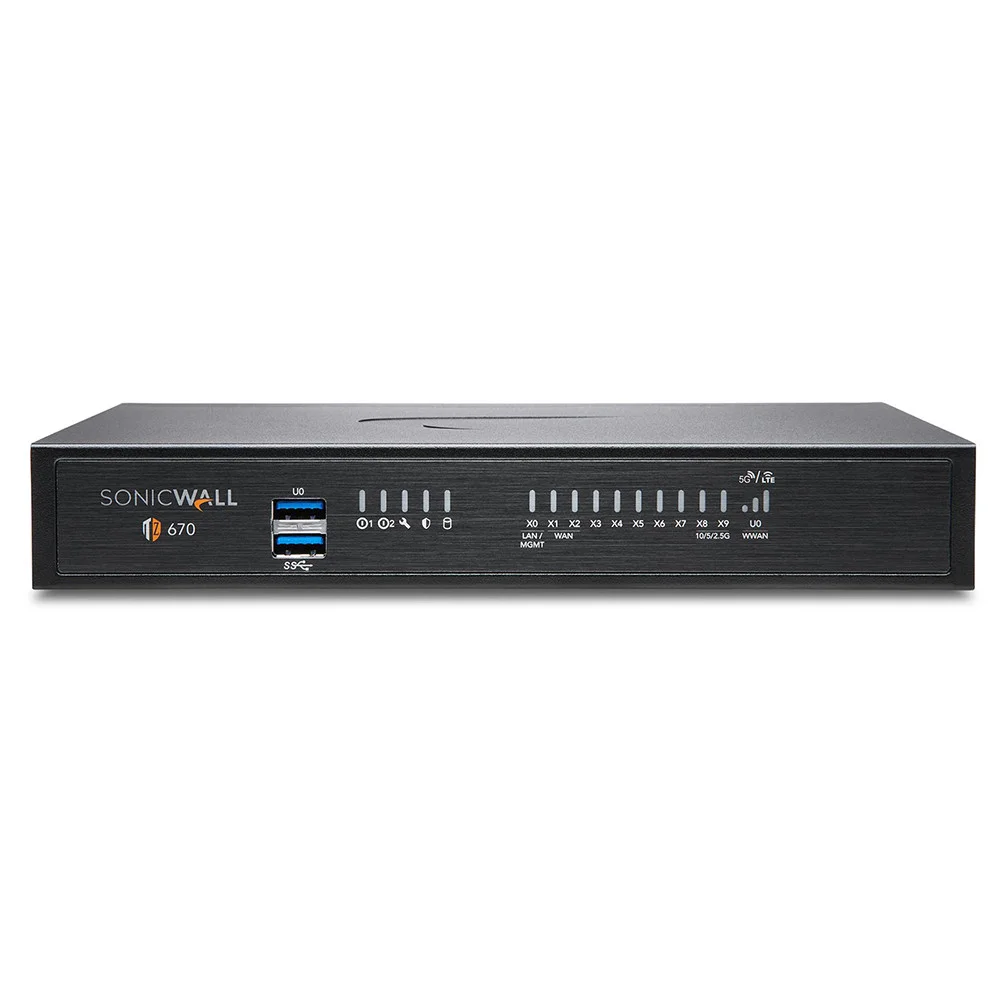
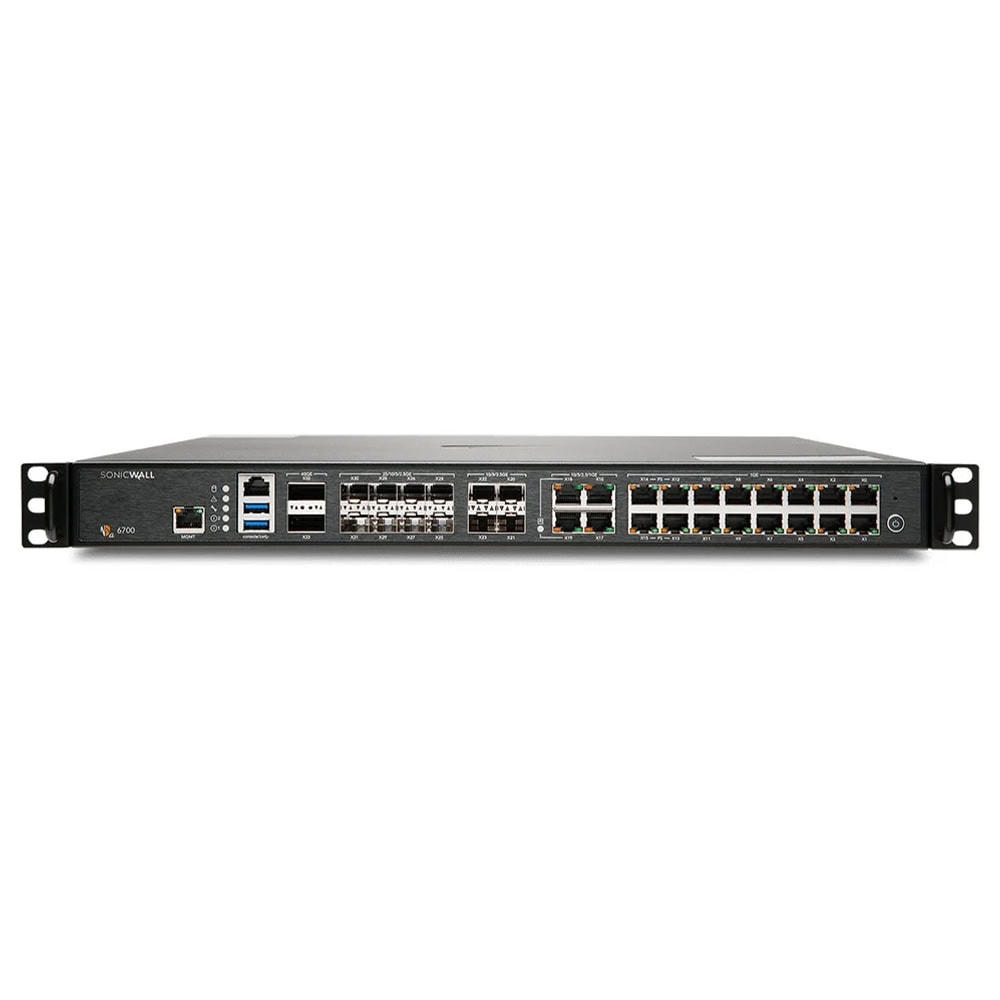
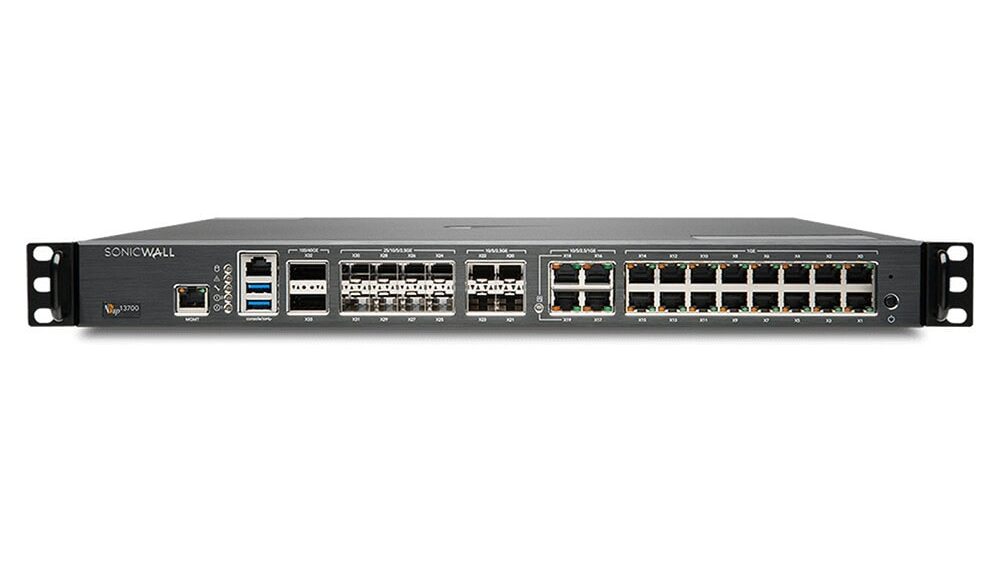
FortiGate firewalls are scalable and integrate functions such as anti-malware, VPN and web filtering.
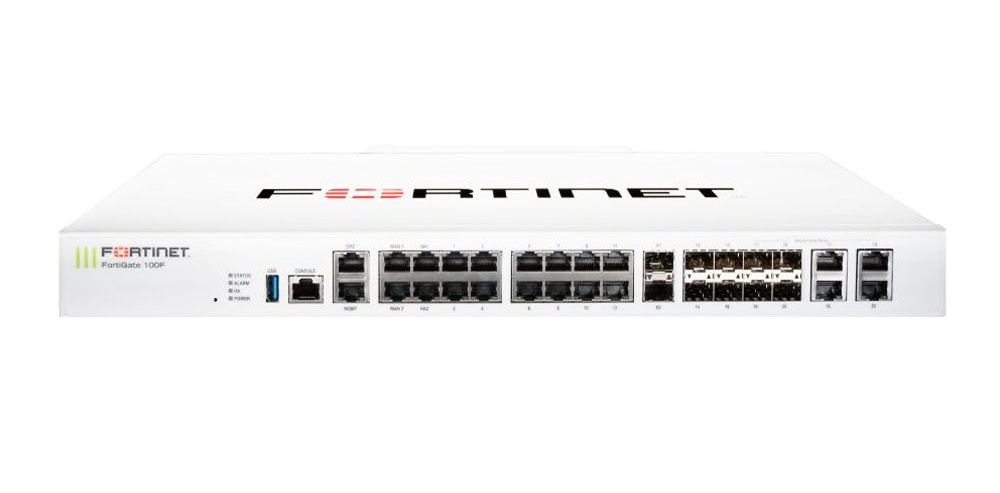
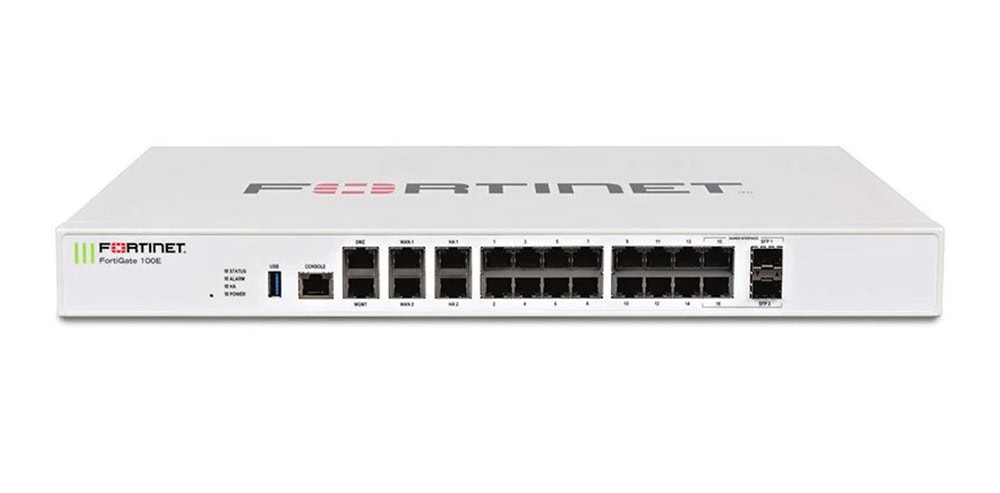
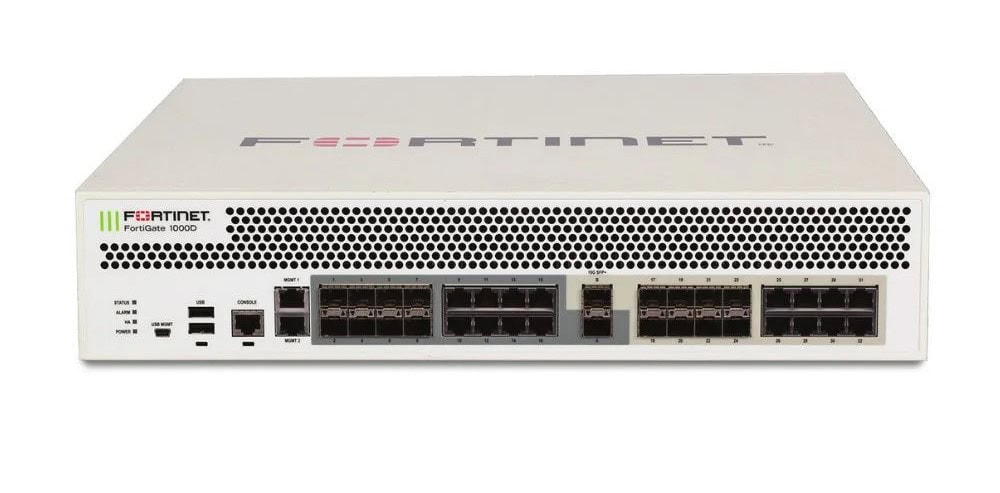
Juniper SRX firewalls integrate intrusion prevention and advanced threat detection.

NGFWs from Palo Alto Networks offer threat prevention for extended control of applications.
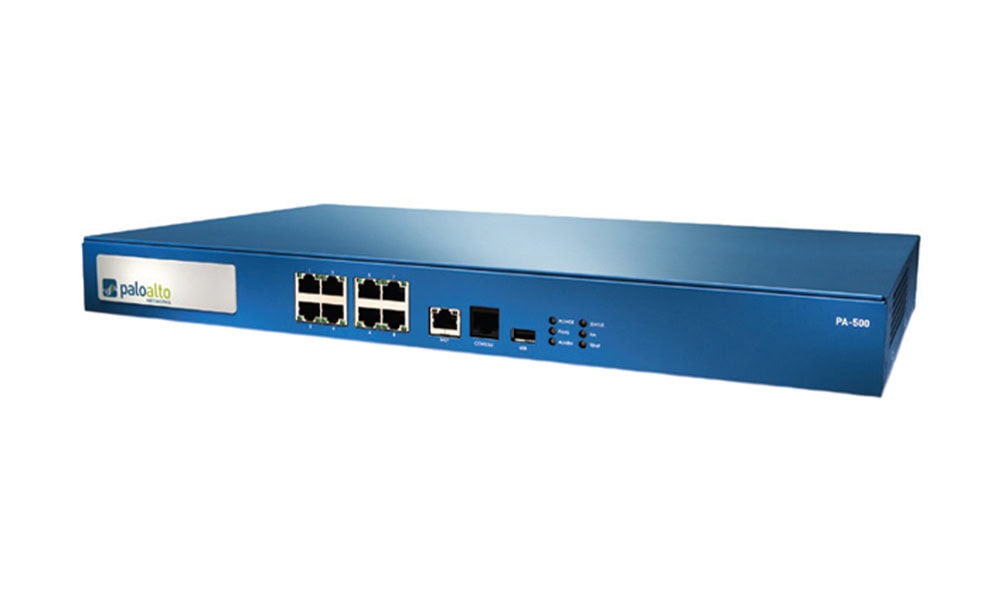
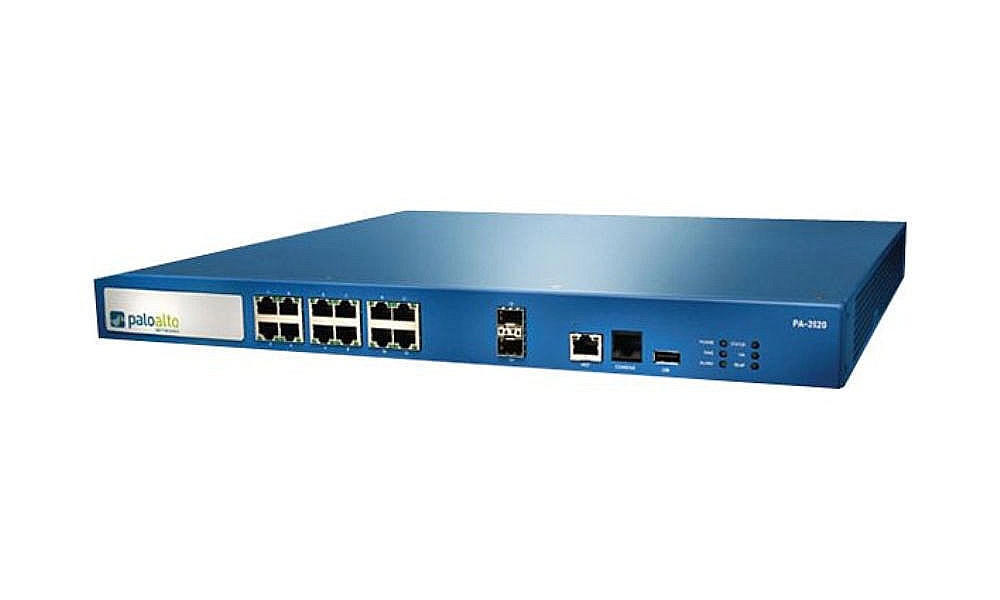
In the future, network security will rely heavily on technologies such as next-generation firewalls. As cyberattacks become increasingly sophisticated and dangerous, conventional firewalls are no longer sufficient. NGFWs not only offer more protection, but also adapt flexibly to modern requirements, such as the use of cloud services or mobile workstations.
Visit our online store and discover a wide selection of classic firewalls as well as powerful next-generation firewalls from well-known brands such as Palo Alto Networks, SonicWall and Juniper.